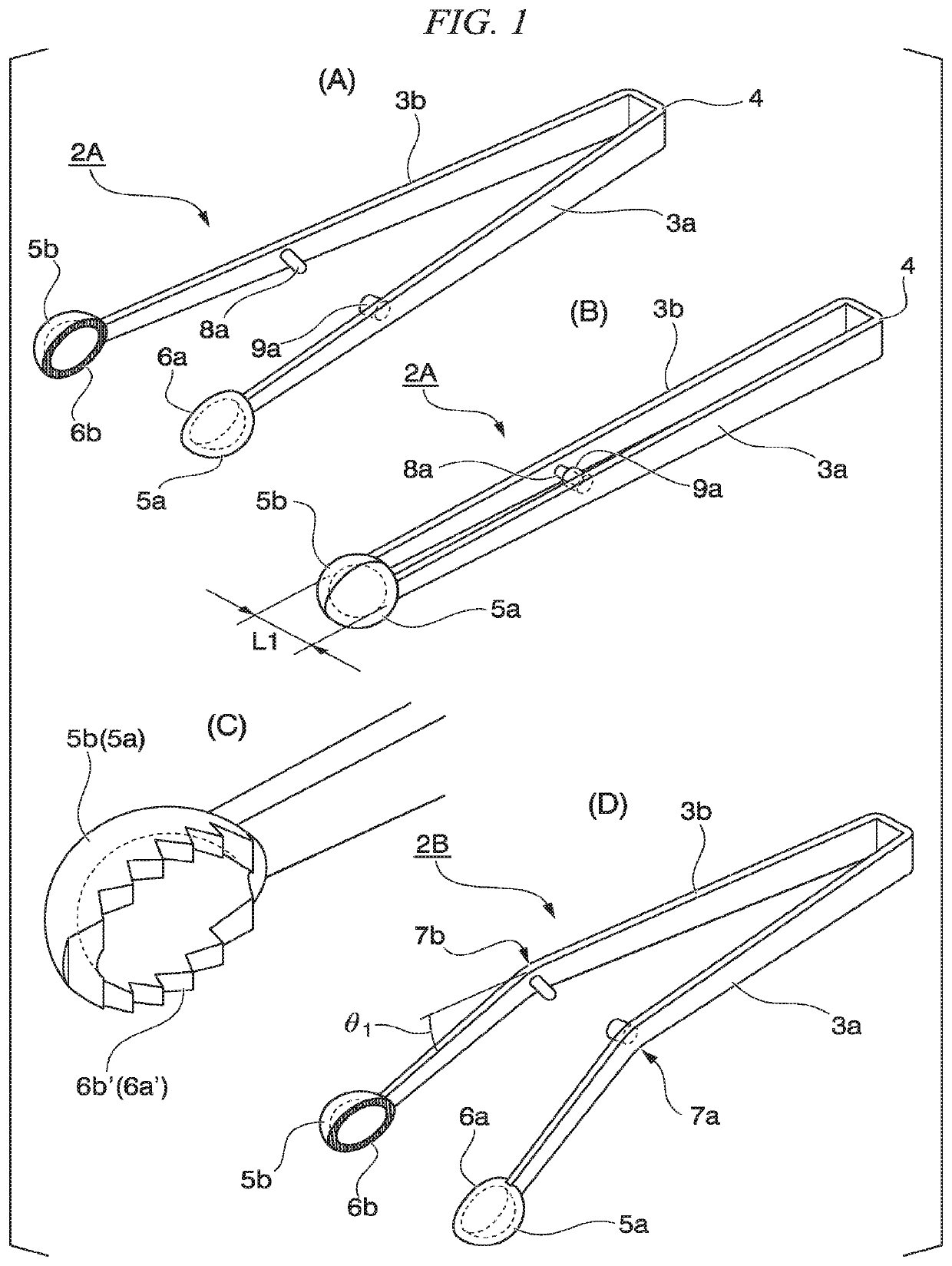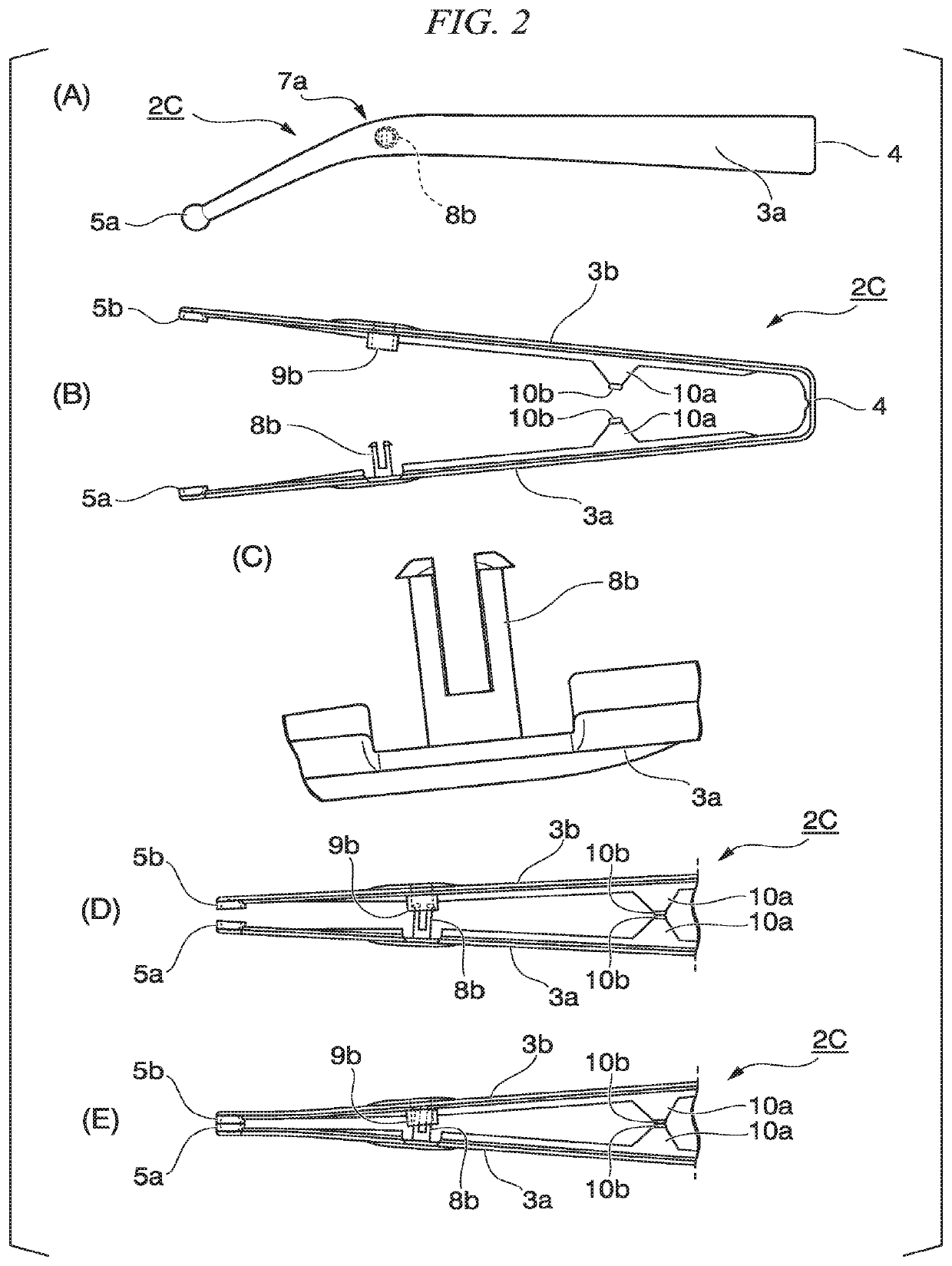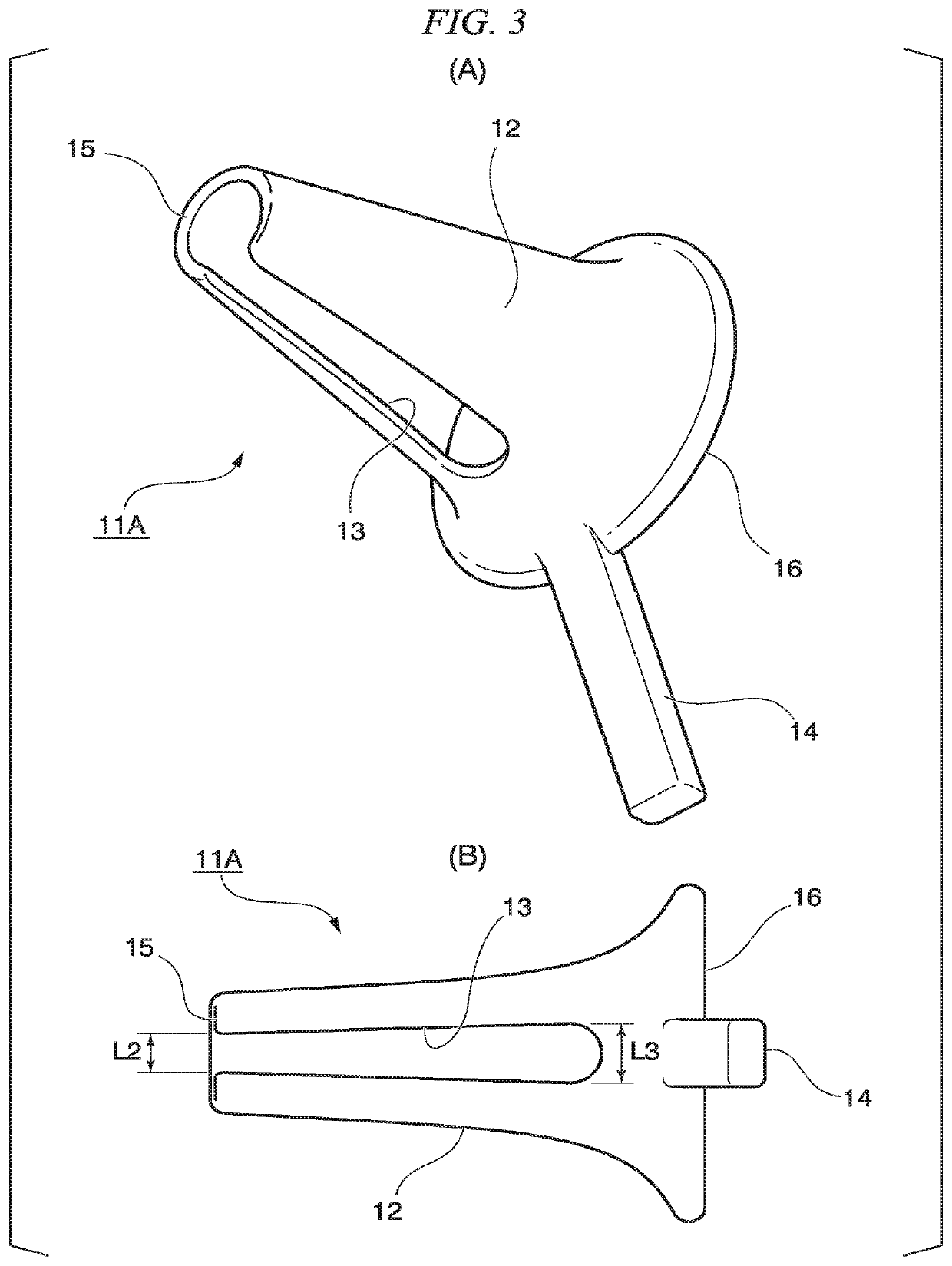Method for determining likelihood of colorectal cancer development
a colorectal cancer and likelihood technology, applied in the field of colorectal cancer likelihood determination, can solve the problems of difficult to achieve complete cure, remission and recurrence, and general difficulty in doing so, and achieve the effect of safe and convenient manner
- Summary
- Abstract
- Description
- Claims
- Application Information
AI Technical Summary
Benefits of technology
Problems solved by technology
Method used
Image
Examples
example 1
[0211]With respect to DNA in large intestinal mucosa collected from 8 patients (UC cancerous patients) (7 males and 1 female) who had been diagnosed as having colorectal cancer by pathological diagnosis using biopsy tissue in an endoscopic examination and had undergone surgery, and 8 patients with internal medicine treatment-refractory ulcerative colitis (non-cancerous UC patients) (7 males and 1 female) who had undergone surgery for other than cancer, among ulcerative colitis patients, comprehensive analysis for a methylation rate of a CpG site was conducted. An average age of the 8 UC cancerous patients was 47.1±12.4 years old, and an average diseased-duration was 11.4±7.3 years. An average age of the 8 non-cancerous UC patients was 44.3±16.4 years old, and an average-diseased duration was 6.5±5.2 years.
[0212]
[0213](1) Biopsy and DNA Extraction
[0214]Mucosal tissue was collected from 3 locations in the large intestine of the same patient, and formalin fixed paraffin embedded (FFPE)...
example 2
[0256]Apart from the ulcerative colitis patients of Example 1, with respect to DNA in large intestinal mucosa collected from 24 patients (UC cancerous patients) who had been diagnosed as having colorectal cancer by pathological diagnosis using biopsy tissue in an endoscopic examination and had undergone surgery, and 24 patients with internal medicine treatment-refractory ulcerative colitis (non-cancerous UC patients) who had undergone surgery for other than cancer, comprehensive analysis for a methylation rate of a CpG site was conducted.
[0257]For the DNA to be subjected to analysis of a methylation rate of a CpG site, DNA was extracted from an FFPE sample collected from mucosal tissue of the rectum of an ulcerative colitis patient in the same manner as in Example 1, the whole genome was amplified, and quantification and comparative analysis of DNA methylation level of the CpG site were performed. The results were used to calculate DiffScore, and cluster analysis and principal compo...
example 3
[0272]CpG biomarker candidates were extracted from the DNA methylation levels ((3 values) of the respective CpG sites of the specimens collected from the rectums of ulcerative colitis patients obtained in Example 1 and the DNA methylation levels ((3 values) of the respective CpG sites of ulcerative colitis patients obtained in Example 2.
[0273](1) Extraction of CpG Biomarker Candidates
[0274]Specifically, 172 CpG sites with an absolute value of Δβ higher than 0.2 were extracted from 485,577 CpG sites. Subsequently, from the 172 CpG sites, two types of logistic regression models were created in the same manner as in Example 2, and the top 10 CpG sites were selected for each of the above four criteria. As a result, 18 CpG sites (18 CpG sets) listed in Tables 11 and 12 were chosen. The results of the respective CpG sites are shown in Table 19.
TABLE 19β value unbiasedAverage β valueAverage β valuep value (t assay,variance (cancerous(cancerous UC)(non-cancerous UC)cancerous UC vsUC)CpG IDΔ...
PUM
 Login to View More
Login to View More Abstract
Description
Claims
Application Information
 Login to View More
Login to View More - R&D
- Intellectual Property
- Life Sciences
- Materials
- Tech Scout
- Unparalleled Data Quality
- Higher Quality Content
- 60% Fewer Hallucinations
Browse by: Latest US Patents, China's latest patents, Technical Efficacy Thesaurus, Application Domain, Technology Topic, Popular Technical Reports.
© 2025 PatSnap. All rights reserved.Legal|Privacy policy|Modern Slavery Act Transparency Statement|Sitemap|About US| Contact US: help@patsnap.com



